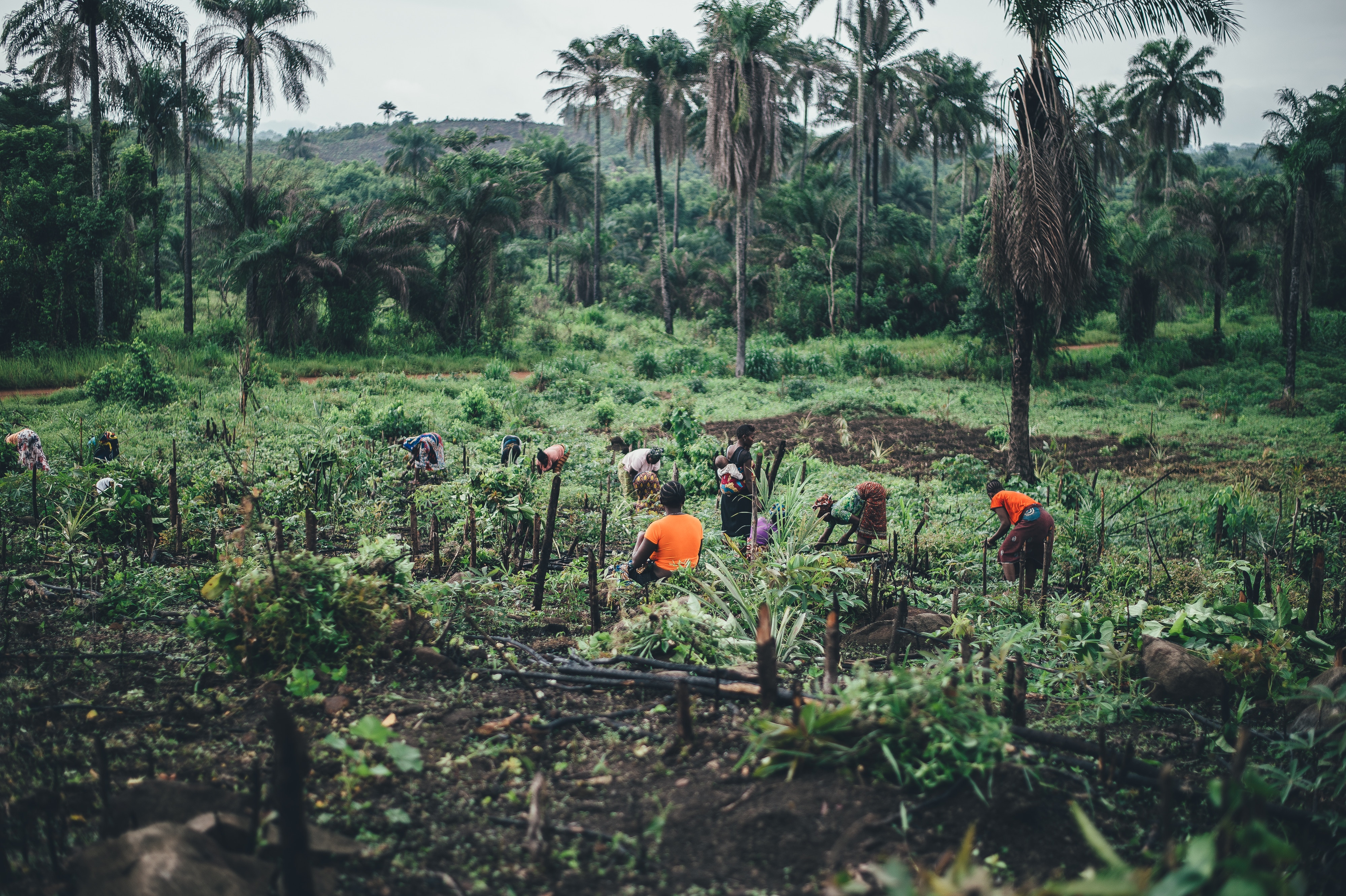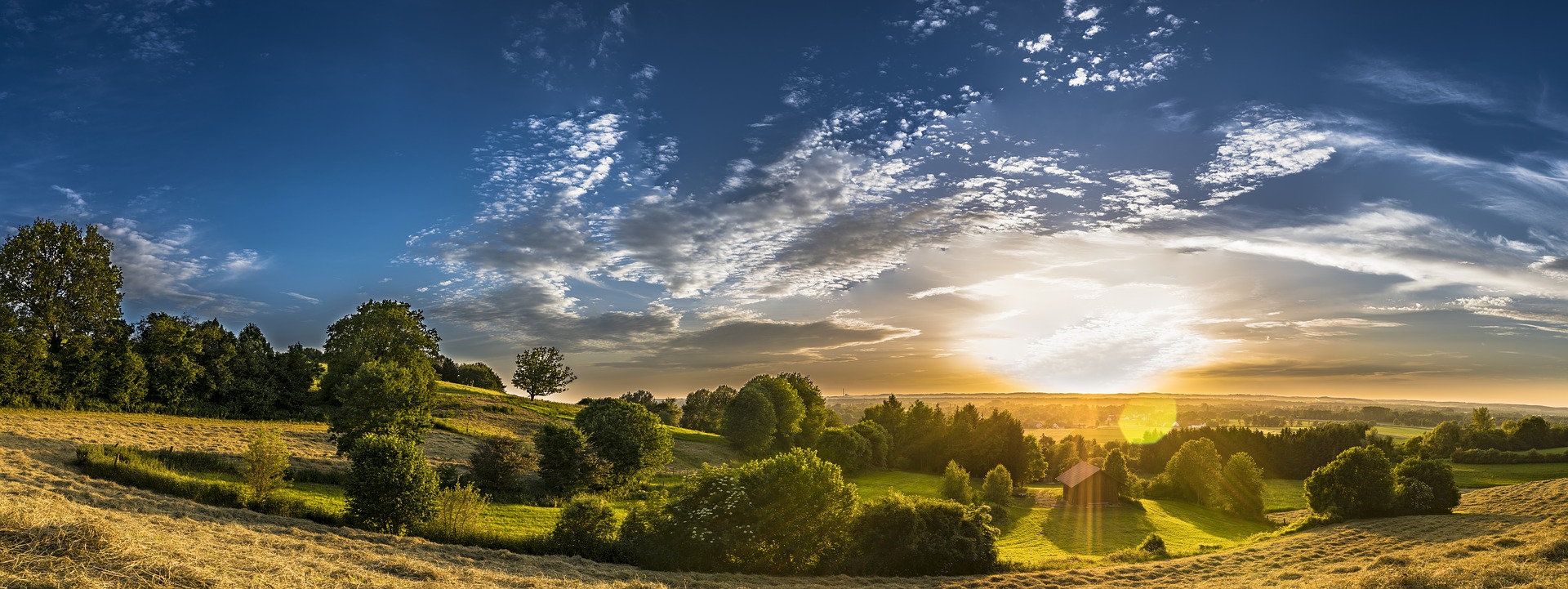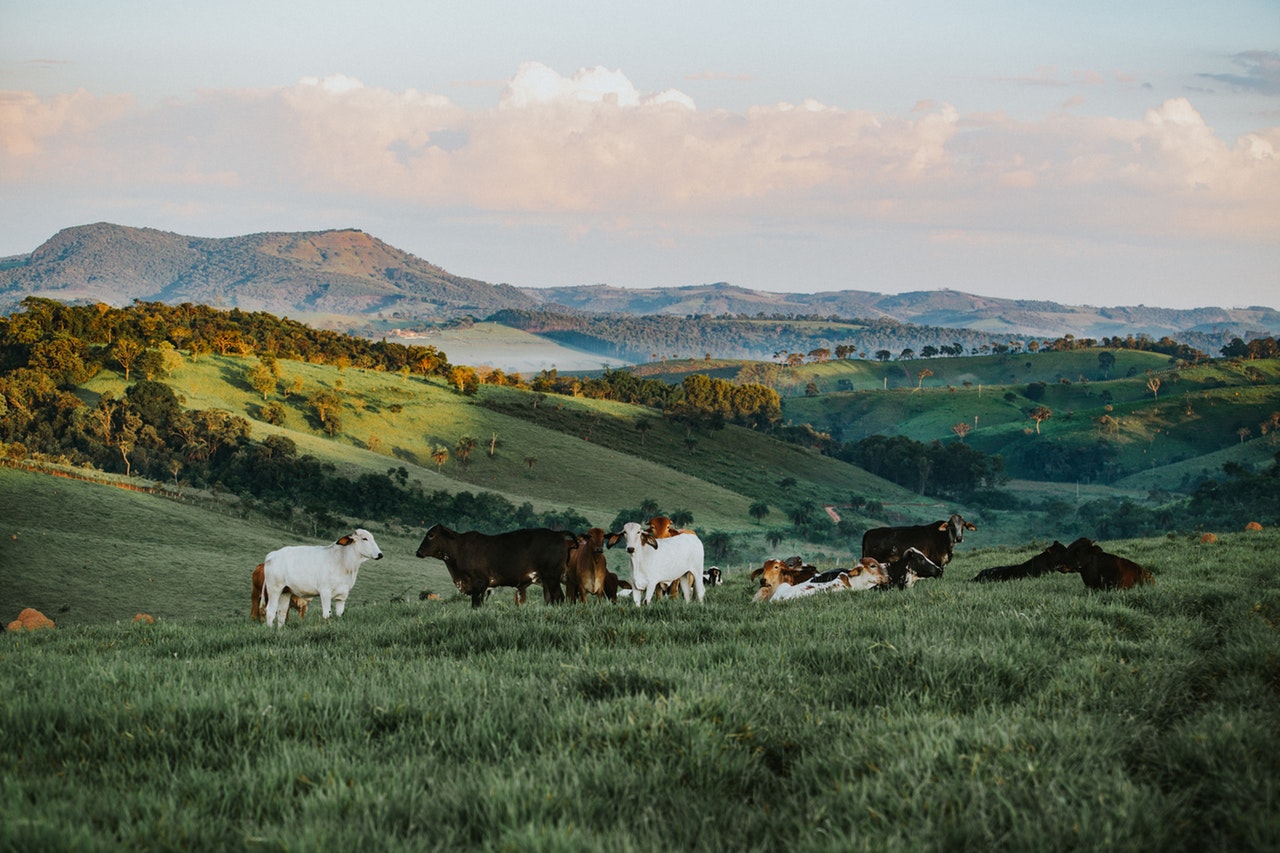The “1st All Africa Synthetic Pesticide Congress” organized by the World Food Preservation CenterÒLLC merges with the Eastern Africa conference on “Scaling up Agroecology and Ecological Organic Trade” organized by Biovision Africa Trust, IFOAM Organics International and their Partners to become the “1st International Conference on Agroecology Transforming Agriculture & Food Systems in Africa”.

Photo credit: Unsplash
The “1st All Africa Congress on Synthetic Pesticides, Environment, Human and Animal Health” has expanded its goals by the recognition of Agroecology as a means of combatting synthetic pesticide and fertilizers contamination in the African continent and ensuring actions towards true sustainable agriculture and food systems. The “Agroecology and Ecological Organic Trade” equally see the need to address threats to sustainable agriculture and food systems.
The conference has attracted world leading scientists on both the impact of synthetic pesticides and fertilizers on the African people, their animals, and environment and advocates for Agroecology as a means of producing food without the need for synthetic pesticides and fertilizers. This rare consortium of leading world scientists, practitioners and other players will chart a course to substantially and sustainably reduce synthetic pesticide and fertilizer contamination in Africa. We invite you to participate in and contribute to this seminal event. https://www.worldfoodpreservationcenterpesticidecongress.com/
Among the keynote speakers at the conference are Professor Hans Herren, the first Swiss to receive the 1995 World Food Prize and the 2013 Right Livelihood Award (alternate Nobel Prize) for leading a major biological control effort. Also, Professor Tyrone Hayes, UC Berkley, who has pioneered in establishing that the herbicide atrazine is an endocrine disruptor that demasculinizes and feminizes male frogs. Other keynote speakers at the congress are on the forefront of research on the impact of synthetic pesticides and GMOs on the health of humans, animals, and the environment. Also, world leading scientists will be speaking on regenerative agriculture and food sovereignty.
The “1st International Conference on Agroecology Transforming Agriculture & Food Systems in Africa: Reducing Synthetic Pesticides and Fertilizers by Scaling Up Agroecology and Promoting Ecological Organic Trade ” will be held at the Safari Park Hotel & Casino, Nairobi, Kenya on June 18-21, 2019.
You can register here.
CONTACTS:
Charles L. Wilson, Ph.D., Founder World Food Preservation CenterÒLLC, Charles Town, WV, USA
Worldfoodpreservationcenter@gmail.com
David Amudavi, Ph.D., Director, Bivision Trust, Nairobi, Kenya
damudavi@biovisionafricatrust.org
About World Food Preservation Center:
To feed the world’s exploding population, we MUST save substantially more of the food that we already produce. Up until now we have invested a disproportionate amount of our resources in the production of food (95%) while only (5%) in the postharvest preservation of food. This has left us with tremendous postharvest “Skill Gaps” and “Technology Gaps” in developing countries. The World Food Preservation Center® LLC is filling these gaps by: (1) promoting the education (M.S. and Ph.D.) of young student/scientists from developing countries; (2) having young student/scientists from developing countries conduct research on much needed new postharvest technologies adaptable to their native countries; (3) organize continent-wide postharvest congresses and exhibitions for developing countries; (4) publish much needed new texts/reference books on postharvest technologies/methods for developing countries; and (5) develop a comprehensive database on all postharvest knowledge relative to developing countries with access portals for researchers, students, administrators, industry, businesses, and farmers.
About Biovision Africa Trust (BvAT):
Biovision Africa Trust (BvAT) is a not-for-profit organization established in Kenya in 2009 by the Biovision Foundation for ecological development in Switzerland and supported by the International Centre of Insect Physiology and Ecology (ICIPE) in Nairobi. The Trust’s goal is to alleviate poverty and improve the livelihoods of smallholder farmers in Kenya and other African countries through supporting dissemination of information and knowledge on appropriate technology to improve human, animal, plant, and environmental health. Agricultural output and food supply are however hindered by various environmental factors and lack of information and relevant training for the African smallholder farmers. Plant pests, for instance, are responsible for up to 80% of crop losses. Ecologically sustainable solutions are a practical alternative for African farmers to achieve good crop yields without relying on expensive chemical fertilizers and pesticides. What is lacking, however, are effective dissemination pathways to deliver relevant information to the farmers.




